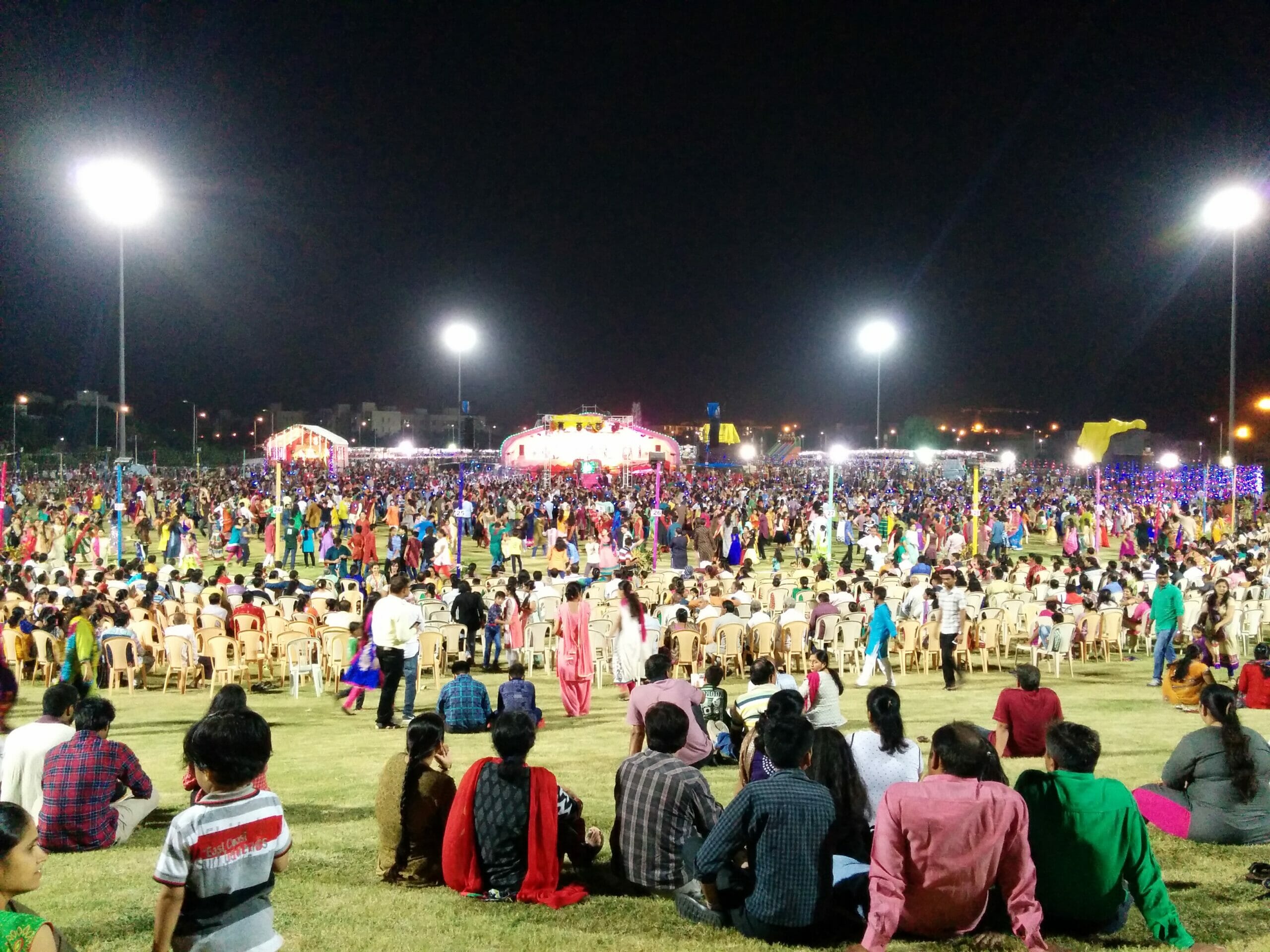From October 17 to October 26, 2020, the Hindu community in Columbus and worldwide celebrated Navratri, a festival dedicated to Durga, the Hindu goddess of war, strength, and protection. Although the religious tales behind the festival vary across India’s culturally diverse states, the prevailing theme behind Navratri in all regions of the country is the victory of good over evil.
Throughout nine nights, some followers of Hinduism perform religious ceremonies, abstain from food besides fruit and milk, and present gifts or Indian sweets to young girls, who are seen to be a physical manifestation of the goddess Durga. Another way to celebrate Navratri is by dancing after the sun sets. A form of dance that is exceedingly popular during Navratri is Garba, originating from the state of Gujarat in India.
During Garba, dancers don colorful clothing and participate in high-energy dance circles that revolve around an image of Durga. The size of Garba events during Navratri varies from fifty people dancing in a temple to hundreds dancing in stadiums. In Columbus, Garba is typically celebrated at Hindu temples, at the Greater Columbus Convention Center, or at indoor sports facilities. Whether in India or Columbus, Ohio, Garba is a time for Hindu followers to come together through movement, music, and worship.
This year in Garba’s home of Gujarat, India, the festival was an enormous concern for the government, as coming together in large groups to dance is a surefire way to spread coronavirus. As a result and with a heavy heart, the government banned all Garba-related public activities in Gujarat. Although the pandemic took away one of the most critical cultural festivals of the year, Gujarati citizens adapted to the regulations by hosting virtual Garba events and competitions.
In Columbus, large Garba events were called off, but some small gatherings at local temples were permitted with a requirement for masks, social distancing, and temperature checks.
The last day of Navratri takes place 20 days from Diwali, another Hindu celebration that celebrates the triumph of good over evil. During these trying times, this concept is one that we can apply to our everyday lives: it is essential to look at the positive aspects of our situations, no matter how many things have been affected by the pandemic. In 2020, flexibility is key, and if a festival that has been celebrated for centuries can still be observed, anything is possible despite the changes to our world.
Press enter or return to search.








